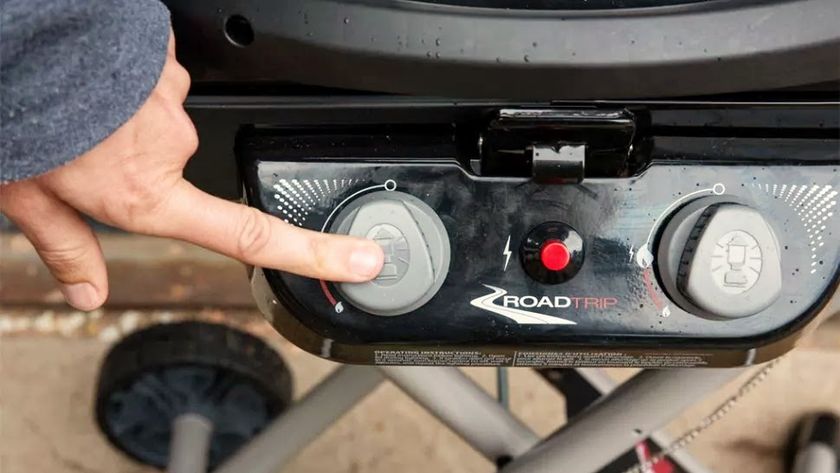Payday loans, cash advances and short-term loans are the same beast, and they all come with inherent risks due to high interest rates and short terms for repayment. A staggering percentage of borrowers renews, rolls over or extends the term of their loans and thus suffer the negative effects of interest rates as high as 800% or more.
The state of Colorado banned payday loans in Denver and statewide, but it is still aware that sometimes people have no choice and exhaust all other options. For this reason, it allows installment loans, which it heavily regulates. The following explains the laws associated with installment loans in Denver.
Total Loan Amount
State laws cap installment loans at $500, and some individual lenders don't loan out more than 25% of an applicant's total monthly income. This is a simple and straightforward law. If you live in Colorado and a lender offers you more than $500, it is in violation of the law, and that should be a red flag about the company.
Tip: You are under no obligation to accept the full amount of a loan offer. Do not feel pressured to accept more than you need as the more you borrow, the more you pay back in fees and interest.
APRs
While most payday loans have APRs that range from around 300% to 800% and sometimes even higher, Colorado laws prohibit those exorbitant interest rates. The APR for an installment loan is 45%. However, there also are fees associated with installment loans that increase the actual rate you pay on loans, but laws also regulate these:
An origination fee of 20% for a loan amount up to 300% and a fee of 7.5% for amounts from $301 to $500
A maintenance fee of 7.5%, but not to exceed $30, per month
With the addition of these fees, your total APR works out to between 200% and 220%. This is normal and part of the law, so do not worry if you see APRs advertised at this percentage. The service is simply including the fees. However, because the APR and fees should not vary from lender to lender, your payment schedule should look very similar to the following. These numbers are approximations:
$100 loan:
Total amount repaid: $170
Monthly payments: $28
Estimated APR: 212%
$300 loan:
Total amount repaid: $513
Monthly payments: $85
Estimated APR: 212%
$500 loan:
Total amount repaid: $793
Monthly payments: $132
Estimated APR: 180%
Some services, including a few on our lineup, consider your paycheck schedule and require two monthly payments if your employer pays you twice a month. This means that you make twice as many payments, but they are about half and should work out to around the same total if not a few dollars fewer:
$100 loan:
Total amount repaid: $169
Payments: $12
Estimated APR: 208%
$300 loan:
Total amount repaid: $509
Payments: $36
Estimated APR: 208%
$500 loan:
Total amount repaid: $788
Payments: $56
Estimated APR: 175%
Tip: Most services outline the payment schedule for installment loans on their website. If you see payments that significantly vary from this outlined schedule, the company may be out of compliance with the law.
Minimum Term
Instead of a maximum term, the minimum term of an installment loan in Denver is six months. Lenders require six equal monthly payments, or as mentioned above, 13 or 14 bi-monthly payments. However, Colorado permits one loan rollover at the original 45% interest, but not every lender offers rollover.
Tip: As with any loan, the longer you take to repay it, the more interest and fees you pay.
Colorado and Denver set these laws in place to protect you, the borrower, from unmanageable and unreasonable debt, interest rates and fees. Although you may pay more with these stipulations than you would if you were to receive a payday loan and repay it within the typical 14-day period, history shows, and the state agrees, that this is a better choice for Denver residents than payday loans.












